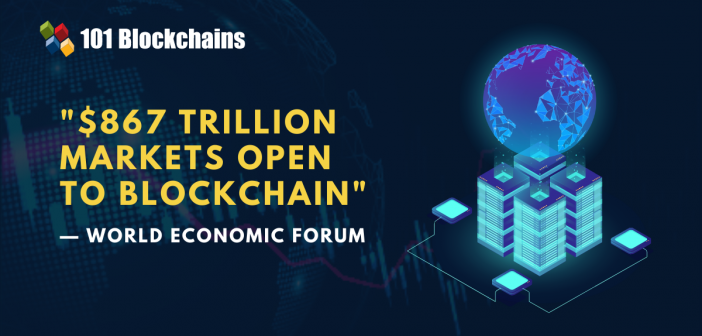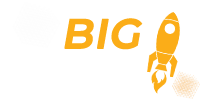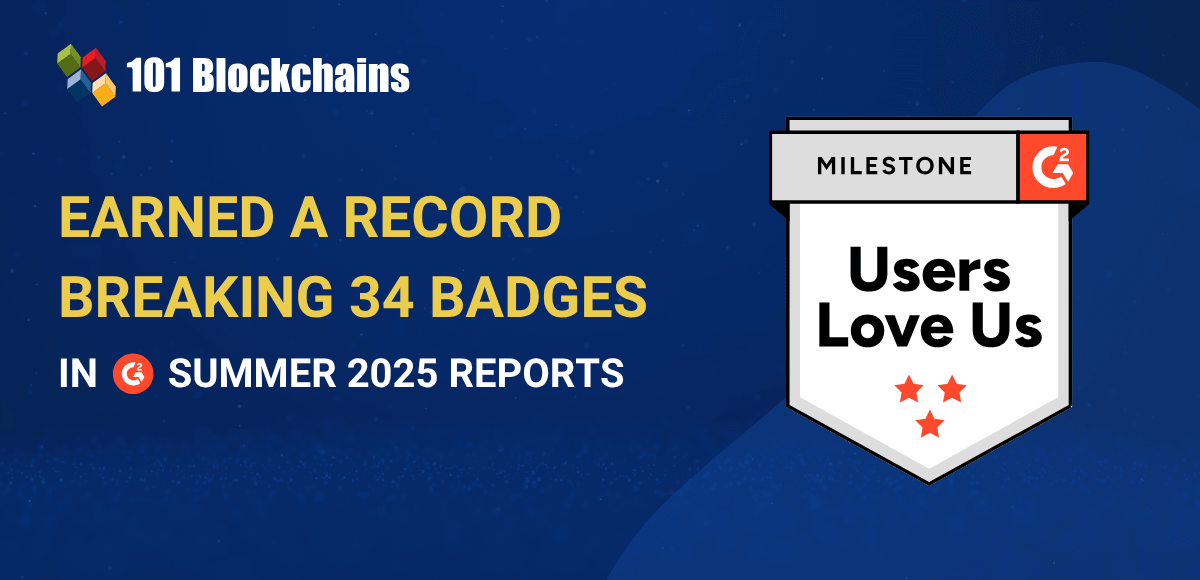Learn how blockchain truly works, master key definitions, and uncover what makes smart contracts so "smart." Dive into the fundamentals, gain valuable insights, and start your blockchain journey today!

- News & Updates
101 Blockchains
- on May 18, 2021
World Economic Forum: $867 Trillion Markets Open to Blockchain
Sooner or later, all the assets we see today, such as stocks, commodities, and bonds, would go through tokenization. Many blockchain industry experts have predicted that the future of modern finance would completely focus on digital platforms. The findings from a recent report by World Economic Forum clearly emphasize the promising roads ahead for the blockchain market.
According to the World Economic Forum blockchain prediction, it is reasonable to place the existing global financial infrastructure on blockchain.
World Economic Forum Blockchain Prediction
The annual meeting of the World Economic Forum in Davos, Switzerland, has been one of the prominent hubs for financial and regulatory establishment all over the world. The board members in the World Economic Forum include,
- The President of the European Central Bank, Christine Lagarde
- Indian billionaire businessman Mukesh Ambani and,
- The Co-Executive Chairman of Carlyle Group, David Rubenstein
The world economic forum blockchain report has predicted a future that dissolves the boundaries between tokenized private company shares and the conventional publicly listed equities.
Presently, the blockchain market has a long distance to travel for ensuring that the boundaries between tokenized assets and traditional assets would dissolve faster than ever. The report also suggests that partial friction existing between incumbent financial institutions alongside the industry overseers looking for change to resistance.
Over the past year, the World Economic Forum has gathered a series of global workshops bringing together tech providers, financial organizations, and the public sector in order to inspect these learnings and the trail forward for DLT in capital markets.
Also Read: Blockchain Prediction for 2121
The Road to Large Scale Digitalization
According to the World Economic Forum blockchain report, large-scale digitalization is bound to happen. In addition, formidable challenges could also affect the adoption of solutions based on distributed ledger technologies. Some of the noticeable challenges for the adoption of blockchain solutions refer to uncertainty in the business use cases alongside restricted leadership buy-in.
Furthermore, enterprises have to deal with the concerns of significant restructuring in their business operations effectively. At the same time, the blockchain market also struggles with evolving solutions and perceptions regarding regulatory uncertainty alongside challenges in bridging legacy systems.
The most striking highlight in the report, however, points out the extent to which researchers have estimated the possibility for size of conventional markets that are potentially suitable for disruption. The report has presented a clear outline of the value of different traditional markets that would be subject to disruption. The overall value of markets open to disruption with blockchain, at $866.9 trillion, is a positive indication for the overall blockchain market.
The equity markets worth $95 trillion, debt markets worth $106 trillion, derivatives worth $560 trillion, securitized products market worth $10 trillion, and asset management or fund administration market valued at $89 trillion combine to deliver the overall value of the market open for blockchain disruption. The report also includes the estimate of the securities financing market as open for blockchain disruption. The securities financing market includes the repurchase agreements market valued at $4 trillion and the securities lending market at $89 trillion.
Also Read: CryptoPunk NFTs Will Be Auctioned By Christie Next Month
Value Advantages Expected
The impact of blockchain on these sectors, according to the World Economic Forum Blockchain 2021 report, would provide comprehensive advantages. The $866.9 trillion opportunities can provide a formidable boost for the blockchain industry that is undergoing rapid growth. At the same time, the value advantage could benefit profoundly from the existing market capitalization of almost $2.3 trillion.
On the other hand, the World Economic Forum also suggests that the blockchain industry would take quite some time before capitalizing on the newly discovered opportunity. The report specifically focuses on the most prominent setback that can hold back the blockchain industry from capitalizing on such an exceptional opportunity. In addition, market participants are also less than prepared for adopting blockchain at scale, thereby creating pitfalls for its expansion.
The World Economic Forum Blockchain 2021 report has also presented new prospects regarding the long-term changes in capital markets. First of all, the distributed ledger technology adoption could get the support of market forces along with support for regulatory and technical developments while pushing participants for digitalization in capital markets. The notable trends that would promote the use of DLT refer to,
- Rising scope for central bank digital currencies (CBDCs) across different jurisdictions
- Commercial dynamics such as client service expectations and cost pressures
- Institutional and regulatory issues in blockchain technology
Also Read: Blockchain Initiative Uplifts Storytelling And Transparency Of Honduran Coffee
Practical Impact on Capital Markets
According to the report by World Economic Forum, the blockchain market could resolve issues in capital markets that are substantial and real. The challenges in traditional capital markets are different on the basis of the asset class as well as jurisdiction. On the other hand, technology systems and legacy processes have resulted in complexity, fragmentation, and opacity throughout different markets.
All these issues have imposed a formidable impact on the balance sheet capacity of firms, costs, and market liquidity. So, the report clearly emphasizes experimentation for proving the use of blockchain in resolving operational setbacks. Furthermore, the experiments can help in increasing improvements in balance sheet management.
The report has also outlined a detailed impression of the blockchain market and its tangible benefits for capital markets. The authors of the report have outlined the specific traits of distributed ledger technology. The traits can reform mutualized infrastructure for efficient management of shared data and workflows.
The notable traits include smart contracts, trusted sharable data, and tokenization. Trusted sharable data enables data consensus for restricting manual reconciliations and faster data sharing. At the same time, it can ensure transparency and accuracy throughout the ecosystem and reduction of disputes. In addition, the report outlines the benefits of tokenization, such as fractionalized disputes, improved liquidity in niche markets.
Tokenization can also enable asset transfers with better speed and low cost. Finally, the report also outlines the role of smart contracts in the DLT landscape for revising capital markets. Smart contracts provide faster and reliable zero-touch processing. In addition, they also support asset servicing and compliance and reduced costs as well as risks for transaction settlement.
In March 2020, A blockchain program was launched by WHO which was totally based on distributed ledger technology- “MiPasa” in order to help transfer data and stats related to COVID-19 outbreak. The main objective of this program was to identify all the hotspots and carriers as well as help with the early detection of coronavirus.
Global Acceptance of the Report
On a final note, the report by WEF showcases the existing blockchain market potential for 2021. It also showcases how financial institutions could make the most of the opportunities with blockchain-based applications. In addition, the report also opens avenues for creating a roadmap by following examples of early adopters. Institutions all over the world would adopt this report as an instrument for checking out the potential of blockchain.
Want to start your Blockchain journey? Enroll now with our Free Blockchain Course. Take the first step now to lay the foundation of a bright future!




